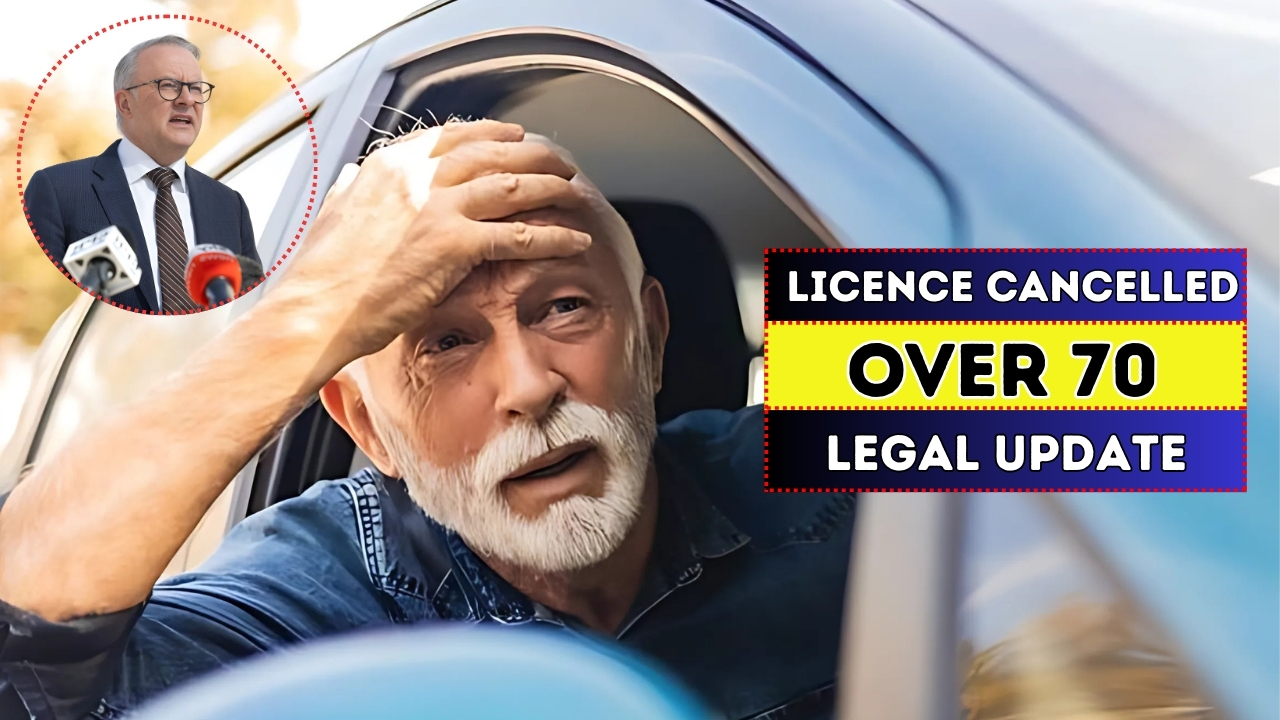Once you turn 70, the rules for keeping your driver’s license in Australia change. While the details may be different in each state and territory, the goal is the same: to make sure older drivers stay safe and still have the freedom to get around. You’ll want to know the latest rules so you can keep your right to hit the road.
Uniform Guidelines, Local Add-Ons!
There’s a countrywide plan for senior drivers, but each state and territory adds its own flavour. The latest rules rolled out in July 2025 tidy some things up but still let each place make little tweaks.
In New South Wales, you can turn 70 and keep driving without extra steps unless your doctor raises a flag. When you hit 75, you’ll need a health report each year and a driving test sooner or later. Queensland kicks in the same requirement but at 75. Over in WA, the check ups start a little later, at 80.
Victoria used to let drivers over 70 go without any test, but a few car crashes have the state’s leaders looking for a better plan. Right now, the government is teaming up with Monash University to see if getting doctors to report medical concerns really does make the roads safer.
The Medical Check-Up!
No matter where you live, the health check is the main requirement.
The rules for keeping driving safe step up as we get older:
Drivers aged seventy to seventy-four usually only face a quick check-up if they hold a heavy-license class like Multi-combination or if their doctor raises a concern. Starting at age seventy-five, though, a yearly health review is the norm. This review looks at both the body and the brain to see if they’re up to the job. Every state across Australia has the same age-seventy-five and up rule—same check, same year. When a driver turns eighty, the bureau forces a yearly renewal, and they cannot dodge the check for any class.
Simply, the check swings around no matter the license class. When the driver turns eighty, same cycle applies. A check-up looks at both the body and brain. A check yearly.
The practical exercise, or actual road test, varies even more. New South Wales is the only place with a hard landing at eighty-five. A two-year road test is the hammer. Elsewhere, the test for road licenses pops up only if the doctor suggests it or if the class needs it. The only drivers to face very heavy maneuvering are LR, MR, HR, and HC licenses. Those drivers sixty to seventy still are safe, yet those seventy, any test is the driver license for the heavy license holders for the MC license.: it is a year not a decade. The heavy licenses of incredible maine are seventy the reason may age. The reason is.
Expect a heavy test for drivers who only are allowed LR, HR, or road licenses at seventy. Expect a heavy check for drivers the age of seventy-five for road licenses of course bit.The class, course. Appeals.
To make life unfolding else where fair, transport sits up programs for seniors they are:
Free courses. Free courses by the bureau refreshing older drivers with low risk target, trip, or blitz for the job.
Sign up for any of the helpful programs like the NSW RMS Senior Driver Workshops, the VicRoads “Older Driver Review” sessions, or Queensland’s Safe Mobility for Seniors, and you’ll get personalized tips for safer driving as you age.
States are making it easier to complete medical assessments. Most healthcare providers now have online forms, and select areas let you send them directly from your phone, so you spend less time at the clinic.
Consequences of Not Complying!
If you don’t follow the medical check rules, you can pay dearly. Driving without a current assessment can cost you 450to1,000 and wipe out your license for 3 to 6 months. And if authorities find you unfit and you drive anyway, you’ll lose your license on the spot and the police can seize your vehicle.
No one wants a surprise sunset on their driving life. Fortunately, if you think the fit-to-drive result is unfair, you can ask your state’s Medical Review Board or the Civil and Administrative Tribunal for a second opinion.
The bottom line is this: Keep up with the assessments, pay attention to medical forms, and the road you share with your friends and grandchildren stays safer for everyone. Stay compliant, and the keys to your independence will still be sitting on the counter, ready for the next trip to the shops.








